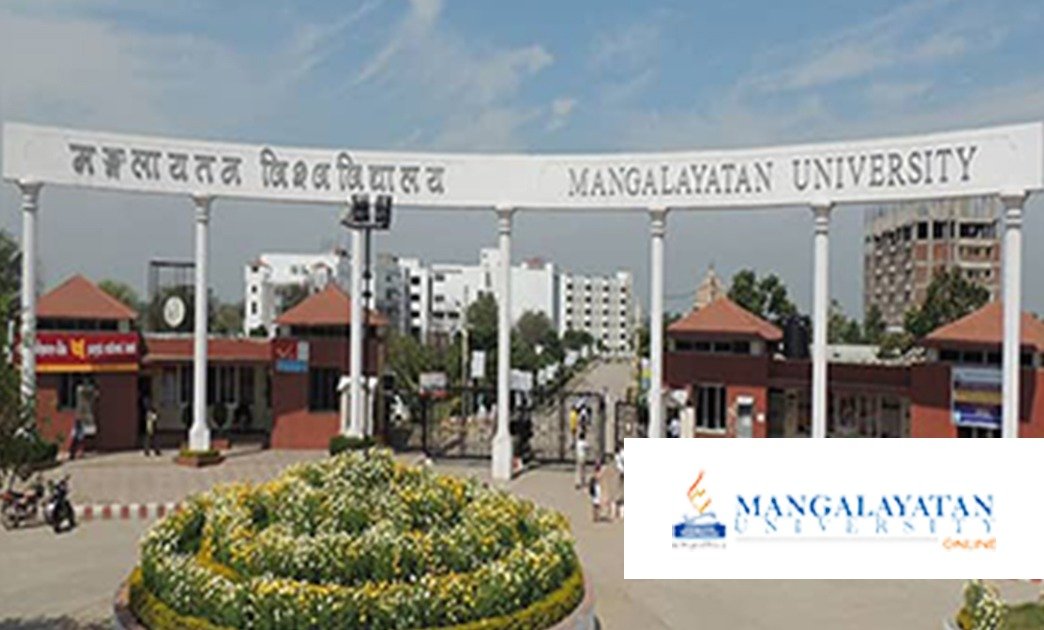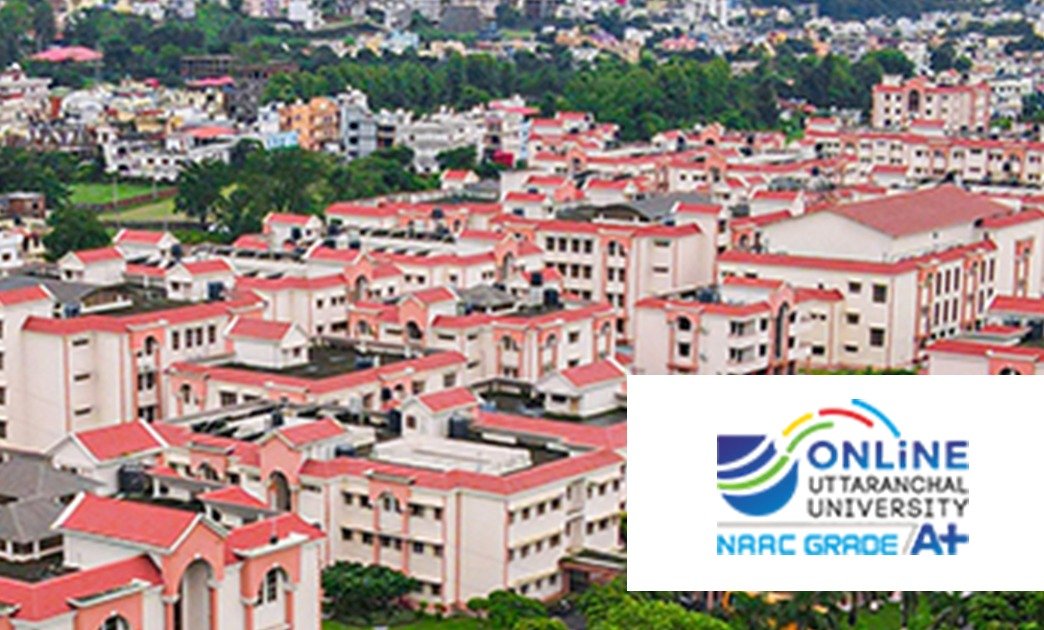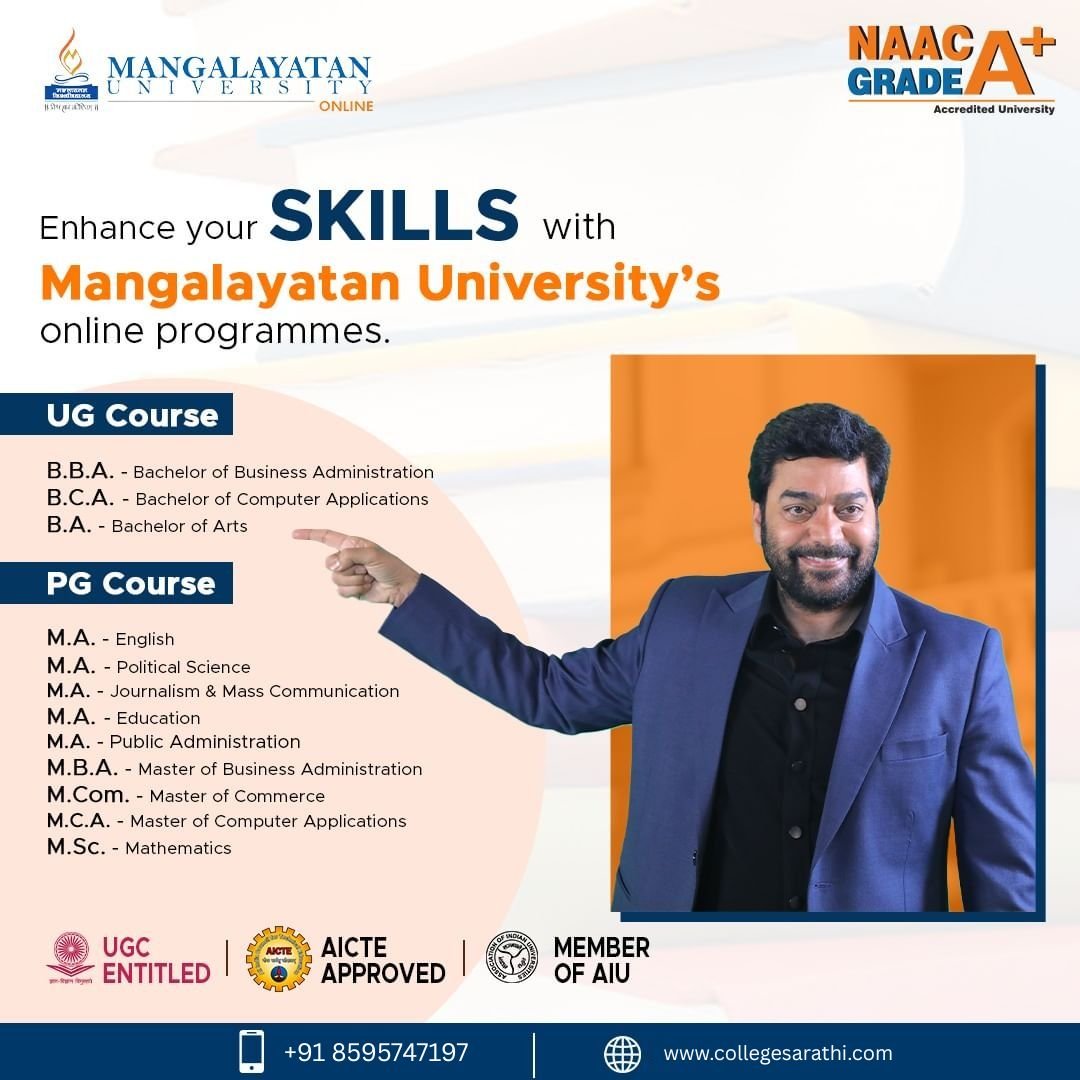Fake University & Degree Scams in India – How to Identify and Avoid Online Admission Frauds in 2025
Introduction: The Rising Risk of Online Admission Frauds
With the growing popularity of online education in India, more students are turning to digital platforms for degrees and diplomas. While this growth is a positive sign, it has also given rise to fake universities and degree scams that trick thousands of students each year. These scams not only waste time and money but also lead to rejection in jobs, exams, and higher studies. In this blog, we’ll help you understand how to spot fake universities, verify a course’s validity, and make safe choices when enrolling in any online or distance program in 2025.
What Is a Fake University or Degree Scam?
A fake university is an unrecognized or illegal institution that operates without the approval of government bodies like the UGC (University Grants Commission) or AICTE. These institutions offer fake degrees and certificates that hold no value in the eyes of employers, government departments, or other educational institutions.
Some of these scams also use the names of real universities to trick students, while others claim international affiliations or fake government approvals. Scammers often run small offices or only have websites and social media pages with misleading information.
Common Types of Degree Scams in India
Fake educational institutions use various tactics to attract students. Some of the most common scams include:
- Fast-Track Degrees: Claiming to offer 3-year degrees in just 6 months.
- No Exam Degrees: Offering certificates without requiring students to appear for any tests.
- Guaranteed Jobs: Promising 100% placement with no real tie-ups or companies involved.
- Government Approved (Fake Claims): Using false seals, logos, or NOC documents to look official.
- Foreign Affiliations: Claiming to be partners with international universities that don’t exist or are also fake.
7 Red Flags That Indicate a Fake University
To avoid being scammed, look out for the following red flags:
1. No UGC-DEB Approval
If a university offers online or distance education without UGC-DEB approval, its degrees are invalid. Always verify here:
👉 https://deb.ugc.ac.in
2. Unrealistic Promises
Any offer like “degree without exam,” “government job guaranteed,” or “admission without documents” is a scam alert.
3. No Official Website or Suspicious URL
Genuine universities have a secure website with https://, a proper domain (not Gmail or blogspot), and updated information.
4. Fake or Missing Contact Details
If there is no valid address, landline number, or customer support – stay away.
5. Request for Full Advance Payment
A trusted university or admission partner will never force you to pay the full fee upfront without a proper counseling process.
6. Lack of Course Structure or Curriculum
Real universities share semester-wise syllabus, credit hours, assignments, and examination details. Scammers usually skip this.
7. Too Many Spelling or Grammar Errors
Poorly written websites, brochures, or certificates are often signs of a scam operation.
Real Cases of Fake Degree Scams in India
India has witnessed multiple shocking incidents of degree fraud in the past few years. Here are some recent examples:
Delhi Fake University Scam (2023)
A fake institute in Delhi issued engineering and MBA degrees to over 50,000 students using fabricated documents and seals.
Tamil Nadu Nursing College Scam (2022)
Over 1,000 students were admitted to unrecognized nursing programs. Their certificates were rejected during hospital placements.
Punjab Online B.Ed. Scam (2021)
Many students took admission in fake online B.Ed. programs, only to find out that their certificates were not valid for teacher eligibility tests.
To avoid such situations, always cross-check with UGC’s official list of fake universities:
👉 https://www.ugc.gov.in/page/Fake-Universities.aspx
How to Verify a University’s Validity Before Admission
Before enrolling in any online course or university, you must do the following verification:
1. Check UGC Approval
Every recognized university is listed on the official UGC website:
👉 https://www.ugc.gov.in
2. Confirm UGC-DEB Recognition for Online/Distance Mode
Only universities listed on the UGC-DEB portal are allowed to offer online and distance learning:
👉 https://deb.ugc.ac.in
3. Verify AICTE Approval for Technical Courses
If you’re enrolling in courses like MBA, B.Tech, or MCA, confirm if it’s approved by the AICTE:
👉 https://www.aicte-india.org
4. NAAC Rating and NIRF Ranking
Check for quality accreditation and national rankings. NAAC Grade A or above is considered excellent:
👉 https://www.naac.gov.in
Where Do These Scams Usually Target Students?
Most scams focus on:
- Tier-2 and Tier-3 cities
- Government job aspirants
- Working professionals looking for quick certification
- Women looking for flexible online learning
- Students unfamiliar with official education portals
Scammers use:
- Facebook and Instagram ads
- WhatsApp groups and calls
- Fake agents with no ID or registration
- Discount offers or urgent admission messages
How These Scams Impact Students
Getting a fake degree can seriously harm your career. The long-term effects include:
- Job rejection due to invalid degree
- Blacklisting from government exams
- Loss of money with no legal return
- Stress and embarrassment
- Difficulty in applying for genuine higher studies
Remember: once your academic reputation is damaged, it becomes difficult to rebuild trust with employers or institutions.
Top UGC-Approved Online Universities You Can Trust
Here are a few genuine and verified universities offering valid online degrees:
✅ Amity Online University
✅ Jain University Online
✅ Manipal Online (Jaipur Campus)
👉 https://www.onlinemanipal.com
✅ LPU Online
✅ Mangalayatan Online University
You can also verify and apply to any of these through trusted platforms like:
👉 https://www.collegesarathi.com
How College Sarathi Helps Students Avoid Scams
College Sarathi is an official admission and counseling platform for UGC-approved universities. Here’s how it protects students
- Only lists UGC-DEB recognized courses
- Provides free counseling to clarify doubts
- Helps with safe payment options & EMI support
- Ensures transparent admission process
- Gives students access to direct university portals
🎓 Apply safely via:
👉 https://www.collegesarathi.com/contact
What to Do If You’re a Victim of a Fake University
If you’ve already taken admission in a suspicious course or have received a fake certificate:
Step 1: File a Complaint with Cyber Cell
Step 2: Report to UGC
Email: secretary@ugc.ac.in
Step 3: Keep All Evidence
Keep receipts, emails, chat messages, and certificates as proof.
Step 4: Seek Legal Help
You may need to consult a legal advisor to initiate refund or fraud action.
FAQs – Stay Informed & Aware
Q1. How do I know if my online degree is valid for government jobs?
Only UGC-DEB approved courses are valid. Always check before enrolling.
Q2. Is it okay to trust education agents?
Only verified partners like College Sarathi should be trusted. Avoid agents without ID or registration.
Q3. Can I complete graduation in 6 months through any university?
No. UGC mandates minimum duration. Any course promising a shortcut is fake.
Q4. Is an online degree as valid as a regular degree?
Yes, if it’s from a UGC-DEB approved university. It has equal value for jobs and further studies.
Conclusion: Be Alert. Don’t Let Scammers Steal Your Future
As online learning continues to grow in India, so do the threats of fake degrees and universities. Awareness is your best protection. Always verify university approvals, avoid shortcuts, and trust only authorized admission platforms. An authentic degree is your passport to a real career. Don’t risk it for fake promises.
✅ Want genuine UGC-approved online courses?
Get help here: www.collegesarathi.com


















